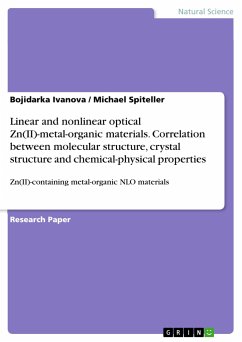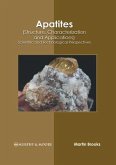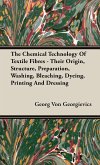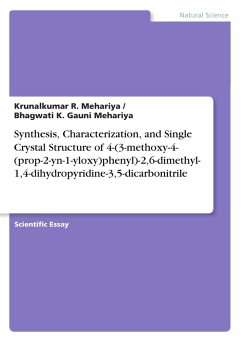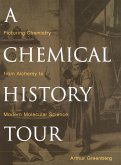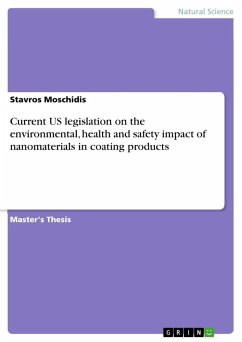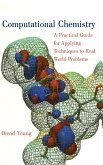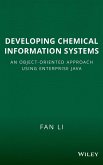Research Paper (postgraduate) from the year 2015 in the subject Chemistry - Other, grade: Subventionierte Projekt, University of Dortmund (Institut für Umweltforschung , Lehrstuhl für Analytische Chemie), language: English, abstract: This book deals with chemistry and chemical-physical effects of Zn(II)-containing metal-organics with emergence as an interdisciplinary area of coordination chemistry, blending of optical and nonlinear optical materials research; optical fiber communication and optical computing technologies; data storage techniques; image processing; dynamic holography; printers; producing of harmonic generators; optical switching and limiting devices; fluorescence materials and more. In this context, the book collects new trends, and presents for first time more recent work in the field of applied oriented design of molecular scaffolds, synthesis, optical and nonlinear optical studies of coordination compounds of Zn(II)-ion. The book is divided into four chapters. The first Chapter 1 is designed to give readers a general overview on relevance of metal-organic materials containing metal ions with completed electronic d10 configurations to mentioned above areas of applied sciences. We have chosen to introduce relationship between molecular structure and properties of zinc tris(thiourea) sulphate and its derivatives in a short Chapter 2, because of those compounds are seriously tested for an industrial scale application as NLO-phores. Chapter 3 is devoted, principally, to a correlation between molecular structure, crystal structure and chemical physical effects of Zn(II)-containing metal-organic materials, mainly part of our research work. Chapter 4 concentrates on theoretical methodological formalism of most applicable quantum chemical methods, treating optical and non-linear optical phenomena, which are base on same thematic overall organization of this part of the book. The importance of this chapter is that it refers to basic computationalchemistry methodology, associated with prediction of chemical-physical effects of metal-organics in gas- and condense phase, as a crucial step defining applied oriented chemical synthesis of new coordination compounds, thus producing results relevant to their real application as materials to optical and nonlinear optical technologies. Chapter 4 can serves as methodological reference point. But the content of the book, generally, can be useful to scientific research of MSc and PhD students in "Chemistry", which work involves fields such as coordination chemistry, applied materials research, crystal engineering, and the fourth.
Bitte wählen Sie Ihr Anliegen aus.
Rechnungen
Retourenschein anfordern
Bestellstatus
Storno

